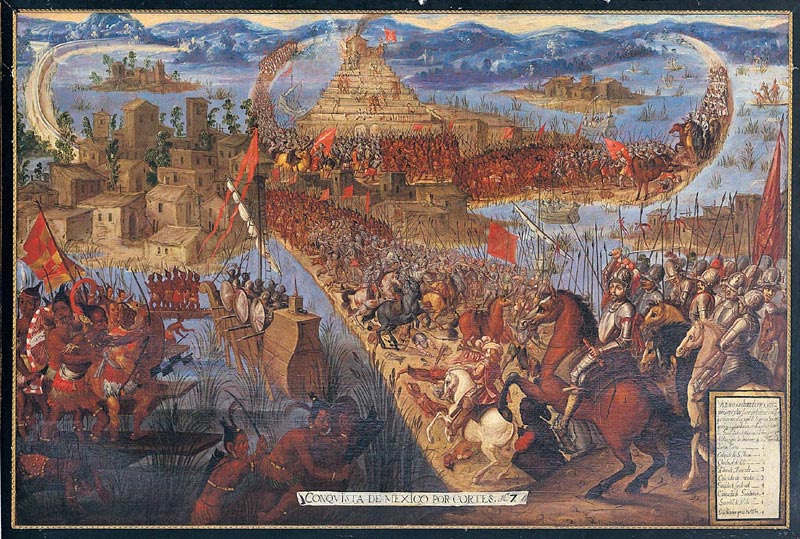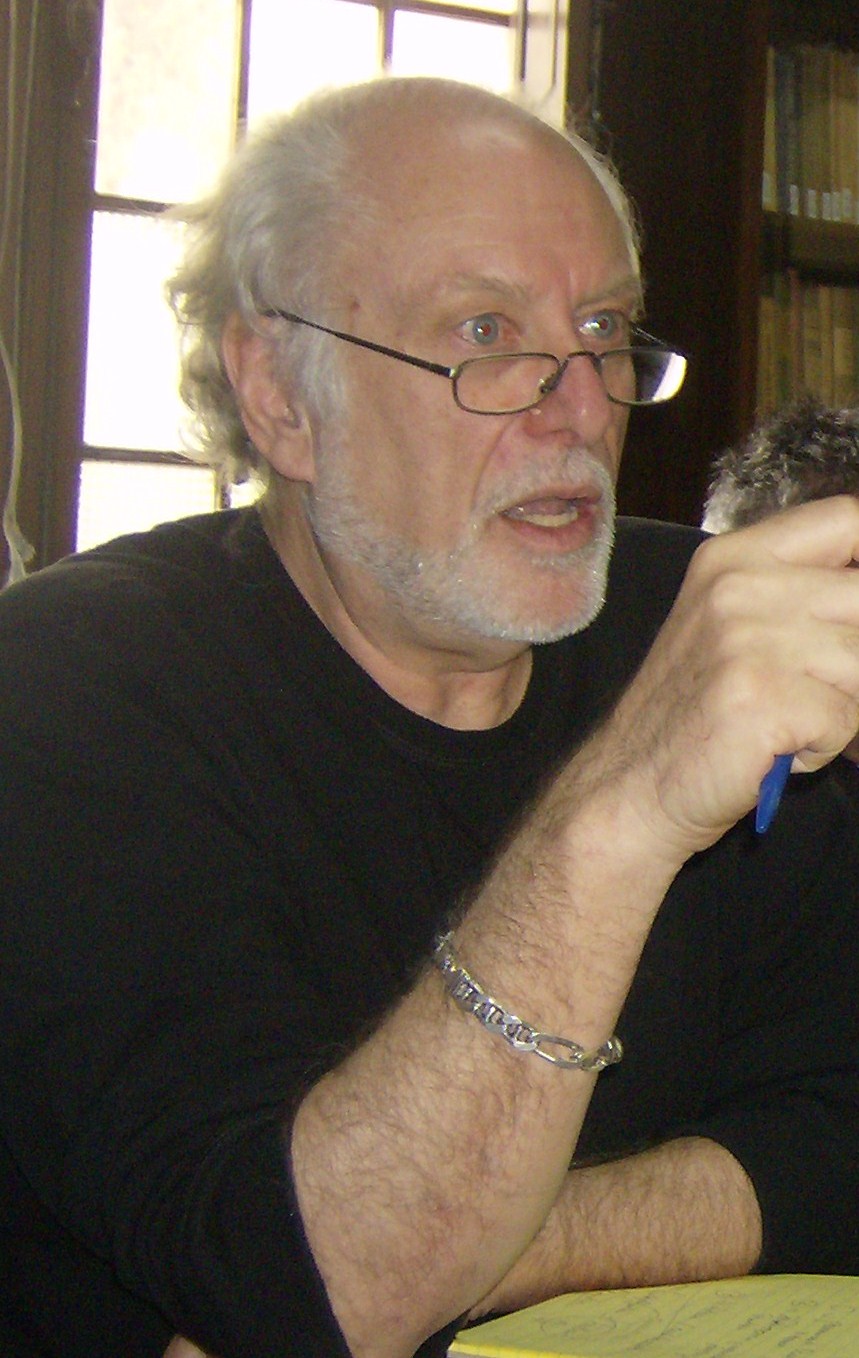“Critical Conversations” is an ongoing initiative of Whitestone Publications. The main sponsor of the current series is The New Polis.
Participants are invited to join us live in the first of a monthly series of “Critical Conversations” (Zoom webinars) with eminent scholars from around the globe. If you are interested in joining us, please contact us by email at editor.thenewpolis@gmail.com. Please state your professional or academic status, affiliation, and a brief sentence or two concerning why you would like to participate, so please notify us no later than August 15, 2020.
All Critical Conversations will be recorded and republished along with edited transcripts.
________________________________________________________________________
When: Tuesday, August 18, 10 am (Mountain Daylight Time)
How: Zoom. By Advance Registration
Contact: editor.thenewpolis@gmail.com
Moderator: Roger Green, General Editor, The New Polis.
Discussants: Miguel de la Torre, Iliff School of Theology-University of Denver; Herman Westerink, Radboud University, Netherlands.
________________________________________________________________________
In The End of the Cognitive Empire: The Coming of Age of Epistemologies of the South Boaventura de Sousa Santos argues that the all-too-familiar “Eurocentric” paradigm of inquiry, founded on what he calls the “monumentalizing” of knowledge with the sciences and social sciences as their paradigms, is slowly dissolving. By “monumentalization” de Sousa Santos means the systemization of knowledge through texts and numbers rather than “utterances” and “daily practices” that do not endure through permanent archives.
The former he refers to as the “epistemology of the north” (i.e., Euro-America) in contrast with the latter as the signifying “epistemology of the south.” As many “post-colonial” and “decolonial” theorists in recent years have emphasized, such an epistemology has its origins in the so-called European Enlightenment starting in the seventeenth century and is responsible along with the doctrine of Christian triumphalism for the shaping of the colonial moment in human history, together with the epistemic strategies of classification and exclusion that have defined and reproduced historical capitalism, racism, and numerous socio-political systems of stratification and domination.
Unlike “decolonial” theorists such as Walter Mignolo, however, de Sousa Santos does not view the two epistemologies as a binary but rather as a tensive, albeit productive interplay of narrativities that is both invigorating and transforming our understanding of the world as a whole, especially what Europeans in the sixteenth century began to call “The New World.”
The aim of these ongoing “critical conversations” will not be to discuss de Sousa Santos’ thesis per se, but to explore some profound and provocatives ways in which we can begin to rethink and re-imagine what are today called “North America” and “South America” as a unique kind of “epistemosphere” in which local knowledges and “decolonized” theoretic spaces are allowed to flourish and interact each other outside the hegemony of colonial modernity[s “cognitive empire.”
The conversation will focus in particular on the role that historic Christianity and Christian theology, or theological thinking, has played in both the creation of such an empire while contributing to its own “deconstruction?” What is the Euro-Christian epistemic “genome” that both configures and persists throughout this process, and what occurs once it ceases to dominate? Furthermore, how does this epistemic system of domination (i.e., “cognitive empire”) unravel? What does this “new knowledge” look like from the ground up? How might it reconfigure academic priorities and today’s global intellectual imaginary?




